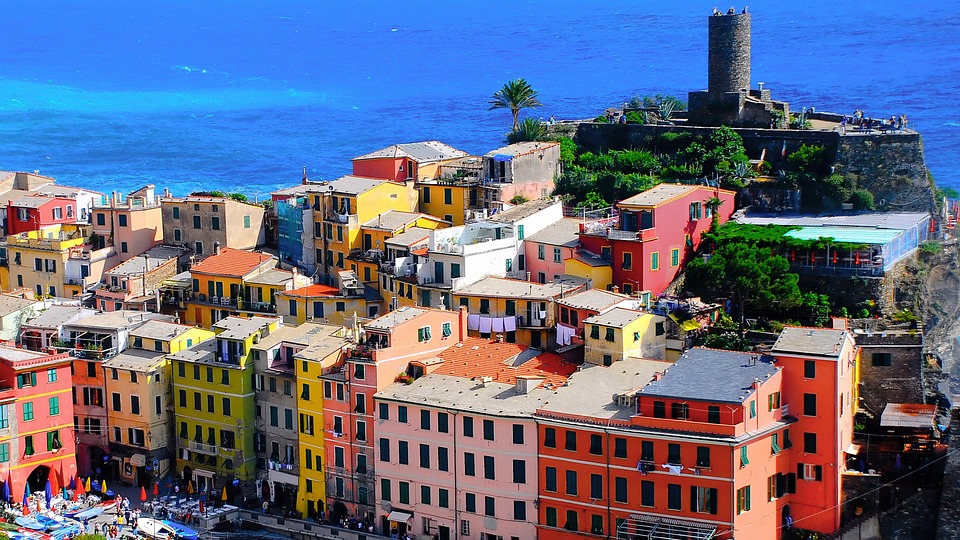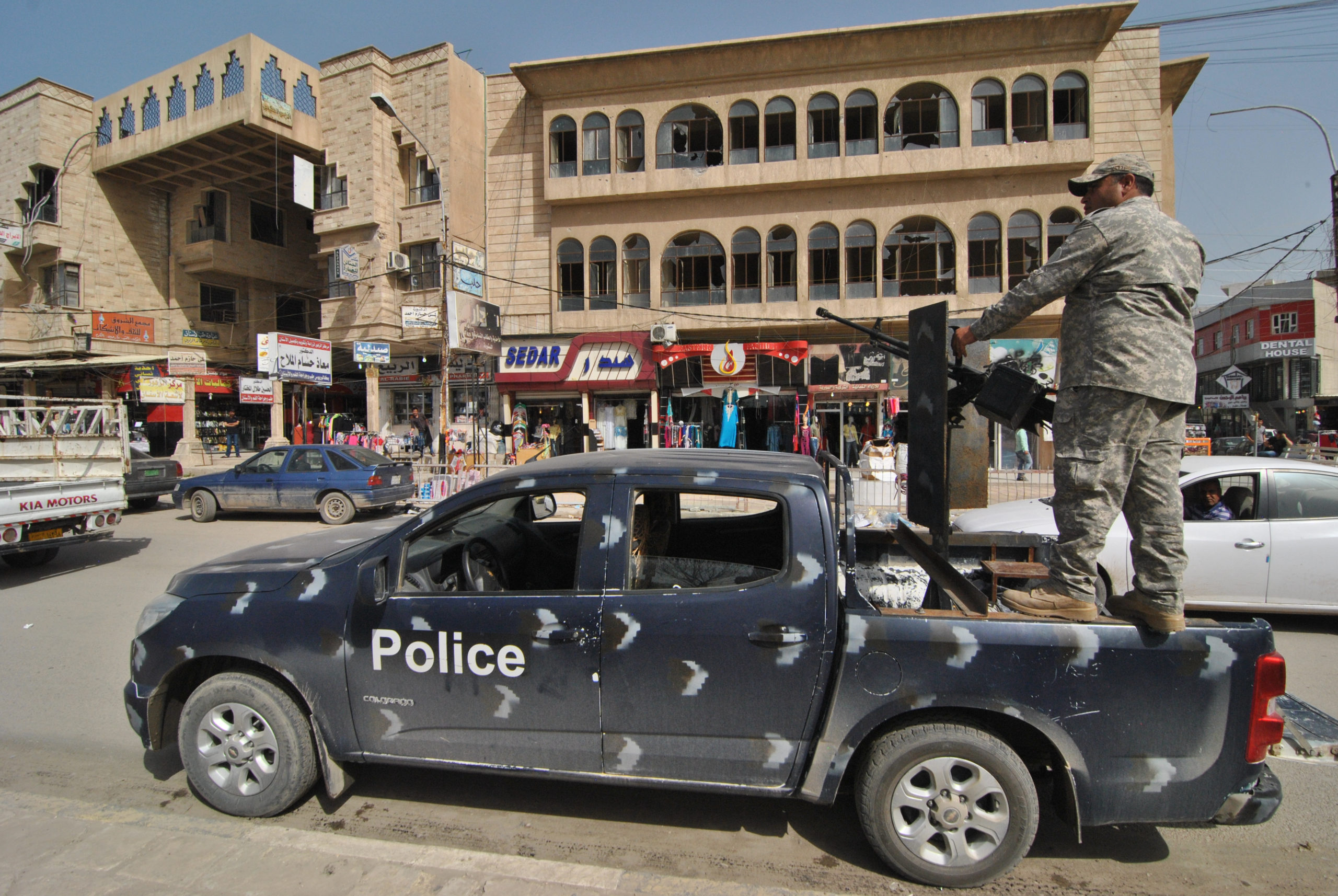Four out of the five countries included are from sub-Saharan Africa. For 11 years, at least one sub-Saharan African country has been included in this list from the 2018 Global Peace Index.

Senegal improved its score on the 2018 Global Peace Index by -0.08, which is enough to lift it nine rankings to the 53rd spot.
The single greatest improvement in Senegal’s peacefulness is in the neighbouring countries relations indicator. Relationships between Senegal and its fellow West African nations has improved.
Since the election of Adama Barrow as President of the Gambia in 2017, the relationship with Senegal has greatly improved.
Further, Senegal and Mauritania have begun to bridge gaps caused by conflicts like the notable Border War fought from 1989 to 1991. Both countries signed an agreement in early 2018 to pledge to co-operate on the large new cross-border gas field.
Senegal also noted a small improvement in the armed services personnel rate and the refugees and individually displaced people indicators.
Although the external conflicts fought, weapons imports, and military expenditure (% GDP) worsened slightly, the improvements in Senegal’s relationship with neighbours was so significant it offset these minor deteriorations.
Burundi rose five places in the rankings in the 2018 Global Peace Index, bringing it to the 134th ranking with an improved score of -0.087.
This improvement is very welcome. In the 2017 Global Peace Index, Burundi had the second most significant deterioration in the state of peace.
This was largely driven by the political crisis triggered by the controversial re-election of Pierre Nkurunziza. In July of 2015, Nkurunziza was elected for his third consecutive five-year term in office.
The Global Peace Index (GPI) indicators are categorised into three domains. The domain with the great improvement for Burundi was Militarisation, followed by Safety and Security, and then a small deterioration in Ongoing Conflict.
The two largest drivers of improvements in peace occurred in Safety and Security, with both perceptions of criminality and access to small arms improving by a score of 1.
The change in perceptions of criminality reflects an improved security situation in the country. This has even been recognised by regional organisations that are now willing to hold conferences in Burundi.
Previously, they had considered Burundi too unsafe to travel there. That said, an insurgency is still active, and the government has only managed to restore a semblance of security by clamping down hard on the opposition and curtailing civil liberties.
The improvement in access to small arms is the result of a fall in the rate of illegal firearm possession, aided by the improved security situation and a government crackdown on illicit avenues for obtaining guns.
Despite these improvements, there was an increase in the number of refugees and Internationally Displaced People as a percentage of the population, from 3.9 per cent to 4.7 per cent.
Burundi remains one of the ten least peaceful countries in sub-Saharan Africa, with 2018 being the first time since 2014 that it improved in the GPI.

Peacefulness in Iraq has improved for the second year in a row. Although Iraq is the world’s fourth least peaceful country, its improvement in score of 0.094 meant that it had the third largest improvement overall.
Iraq improved significantly in the Ongoing Conflict domain, and also notably in the Safety and Security domain. However, it did see a deterioration in the Militarisation domain of the 2018 Global Peace Index.
The improvement in peacefulness in Iraq occurred on both the Safety and Security and Ongoing Conflict domains.
The percentage of refugees and IDPs as a percentage of the population fell from 12.2 to 9.7 per cent. Meanwhile, Iraq had a small improvement in the terrorism impact indicator.
The political situation began to show tentative signs of stabilisation as well. For example, Iraq improved in both the political instability and intensity of internal conflict indicators.
Although violence and insecurity remain prevalent, the territorial defeat of ISIL has ended the previous state of civil war. At the same time, brief fighting between federal government forces and the Kurdish Peshmerga also subsided.
Furthermore, the Iraqi supreme court’s action in overturning government attempts to amend the constitution demonstrate a level of judicial independence.
The impeachment of several ministers by the parliament for corruption suggests another improvement in government accountability.
Despite these improvements, the situation in Iraq remains fragile. It is the second least peaceful country on the Safety and Security domain.
The small deterioration in the likelihood of violent demonstrations, based on the likelihood of future conflict with the Kurdish community, suggests that a sustained increase in peacefulness may yet be a while off.
Liberia had the second largest overall improvement in peace of any country on the 2018 Global Peace Index. The country rose 27 places in the rankings after a score change of -0.129.
Liberia now holds the 63rd ranking. The bulk of this improvement occurred on the Safety and Security and Militarisation domains, while the Ongoing Conflict domain had a slight deterioration.
A fall in the likelihood of violent demonstrations was the primary driver of improved peacefulness in Liberia.
The peaceful conclusion of the 2017 general elections has lowered the risk of violent demonstrations, although the security situation is fragile.
Liberia also had an improvement on the Political Terror Scale indicator, moving from a score of 3 to 2. This movement suggests that the previous extensive level of political imprisonment and violence is now much less common.
The terrorism impact, refugees and internally displaced people, and incarceration rate indicators all improved slightly. Liberia’s incarceration rate was 44 per 100,000 people, placing it among the 15 lowest of any country in the 2018 Global Peace Index.
Regionally, Liberia now scores just behind the ten most peaceful countries in sub-Saharan Africa. This is a big improvement from a decade ago. Then it was the 23rd most peaceful country in the region.
The Gambia recorded the largest improvement in peace with a score change of -0.228. This score moves The Gambia up 35 places in the rankings, from 111th in 2017 to 76th.
It improved across all three GPI domains, with the largest improvement occurring in the Ongoing Conflict domain.
The largest improvement in peacefulness occurred in the neighbouring countries relations indicator, which improved from a score of 4 to 2.
The election of the new president Adama Barrow in April 2017 has greatly improved relationships between the Gambia and its neighbouring countries, most notably Senegal.
Political relations between the previous president Yahya Jammeh and Senegalese president Macky Sall had been strained since the 2012 Senegalese elections.
2017’s presidential election result in the Gambia has also led to an improvement in the political instability indicator. The election restored checks and balances and decentralised power that was tightly concentrated for 22 years.
The promise to establish a truth and reconciliation commission to investigate abuses that occurred under the previous regime has also led to an improvement in the perceptions of criminality indicator, which moved from a score of four to three.
These changes mean that the Gambia is amongst the 15 most peaceful countries in sub-Saharan Africa for the first time.
However, despite these significant improvements in peacefulness, there is still cause for concern. The intensity of internal conflict remains high. Additionally, the homicide rate of 9.07 per 100,000 people places it in the bottom quartile of all countries on that indicator.